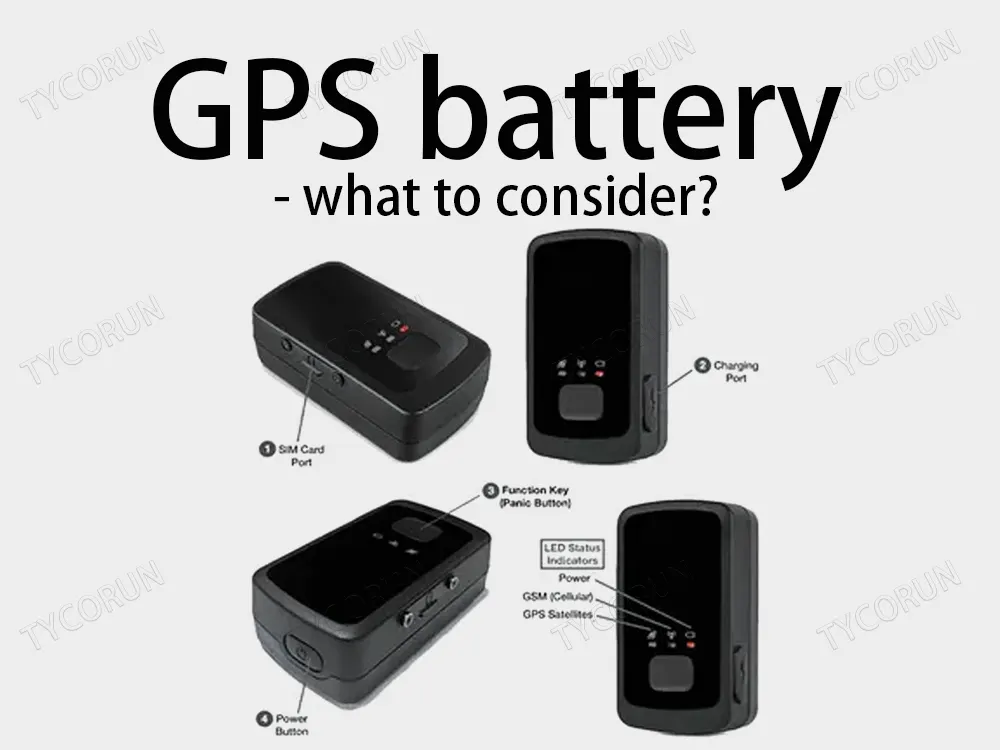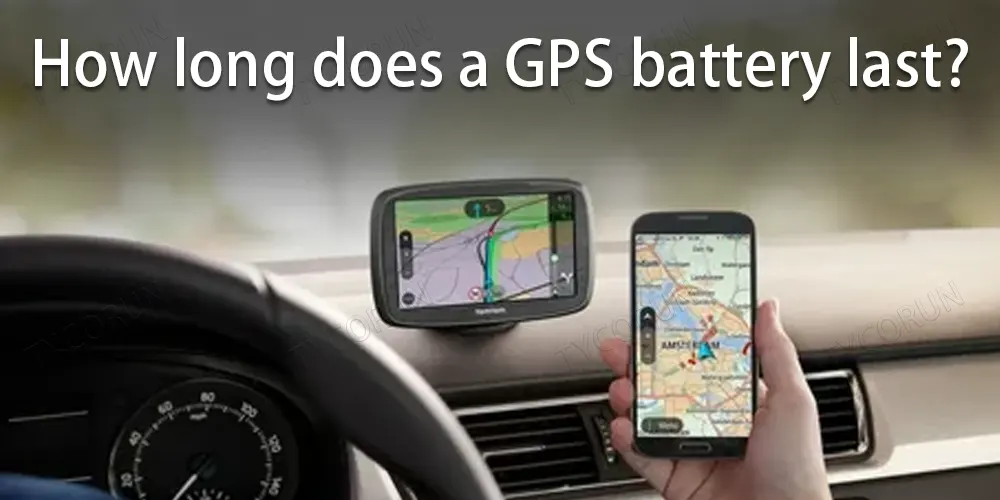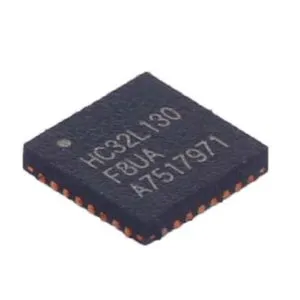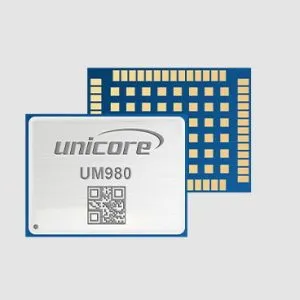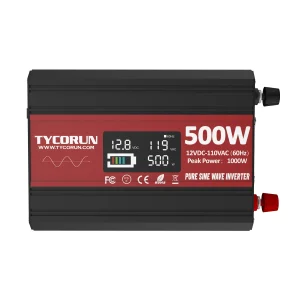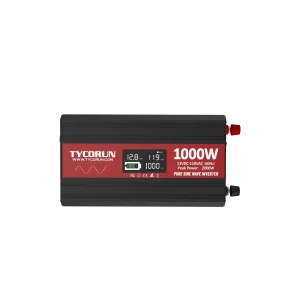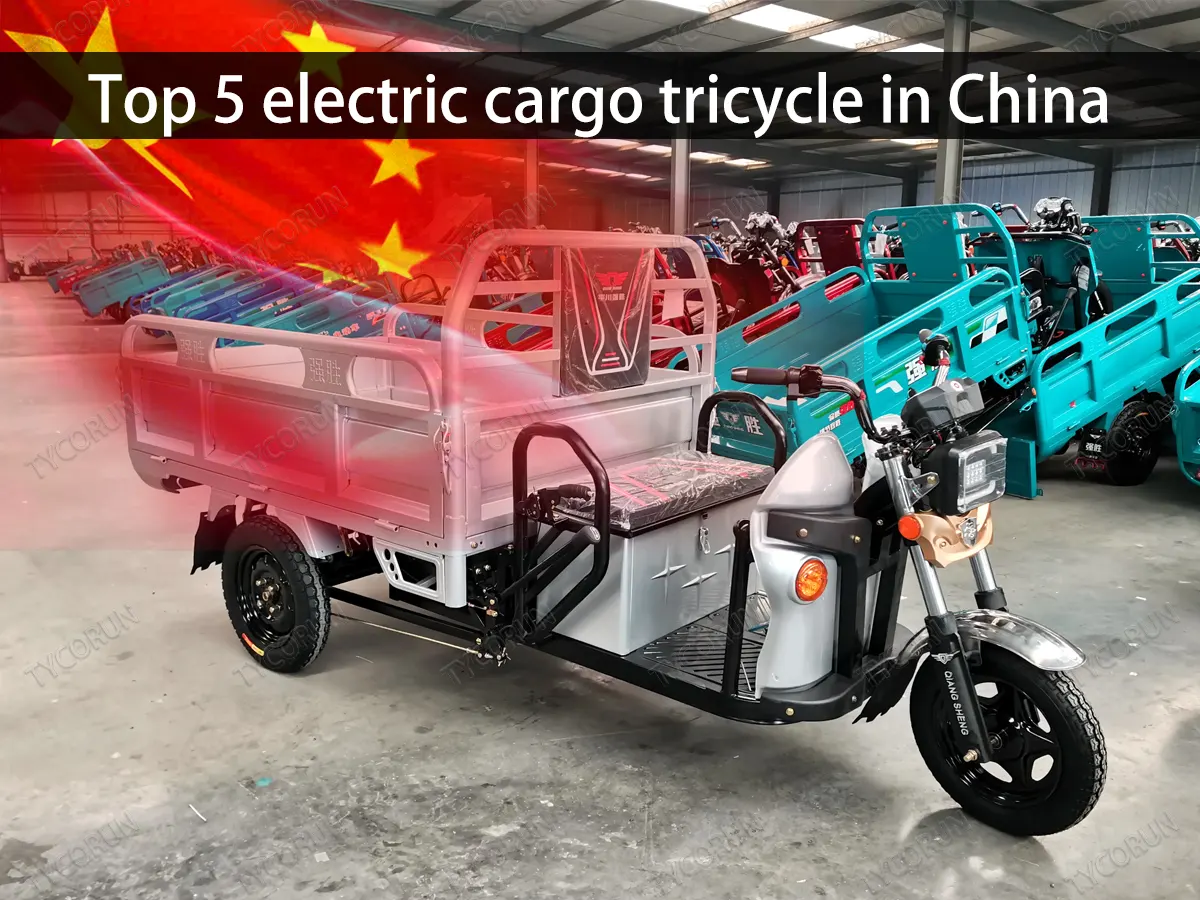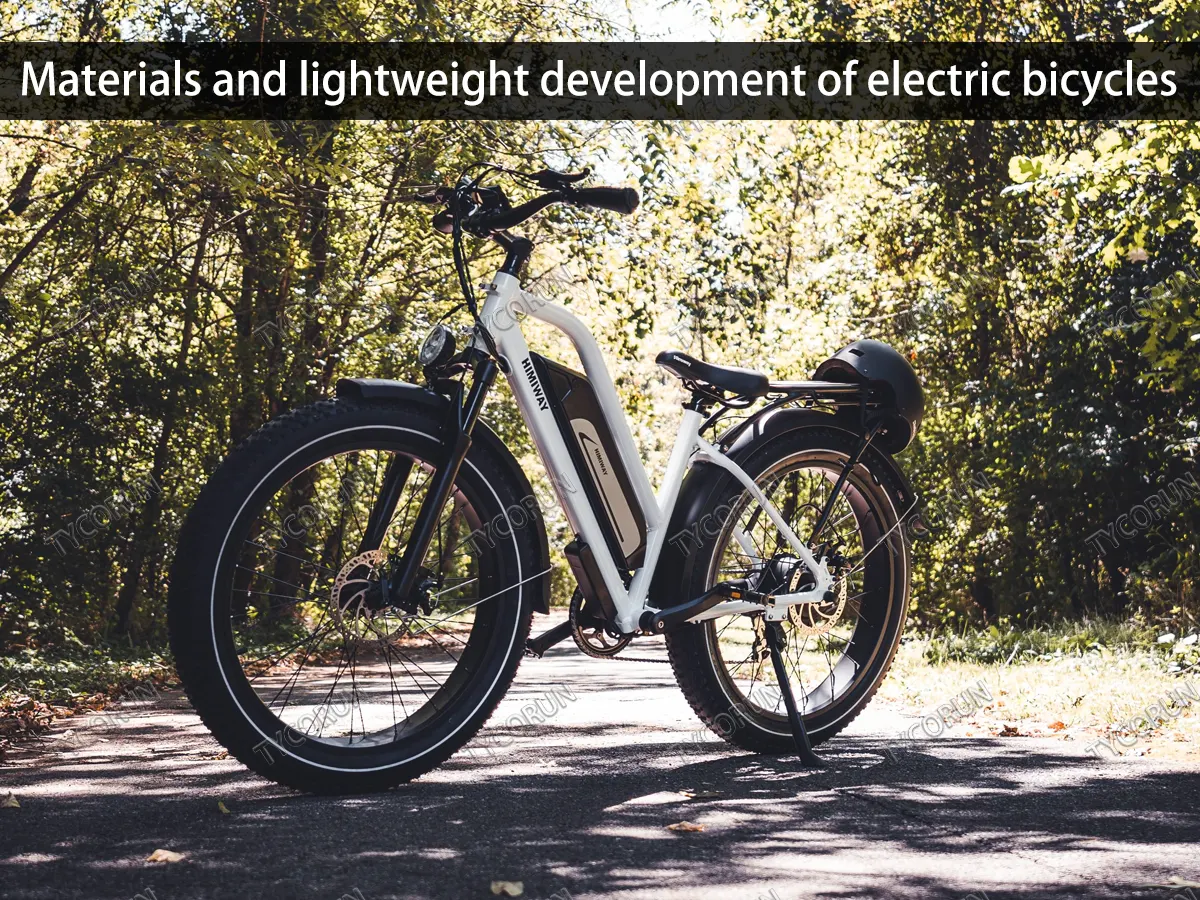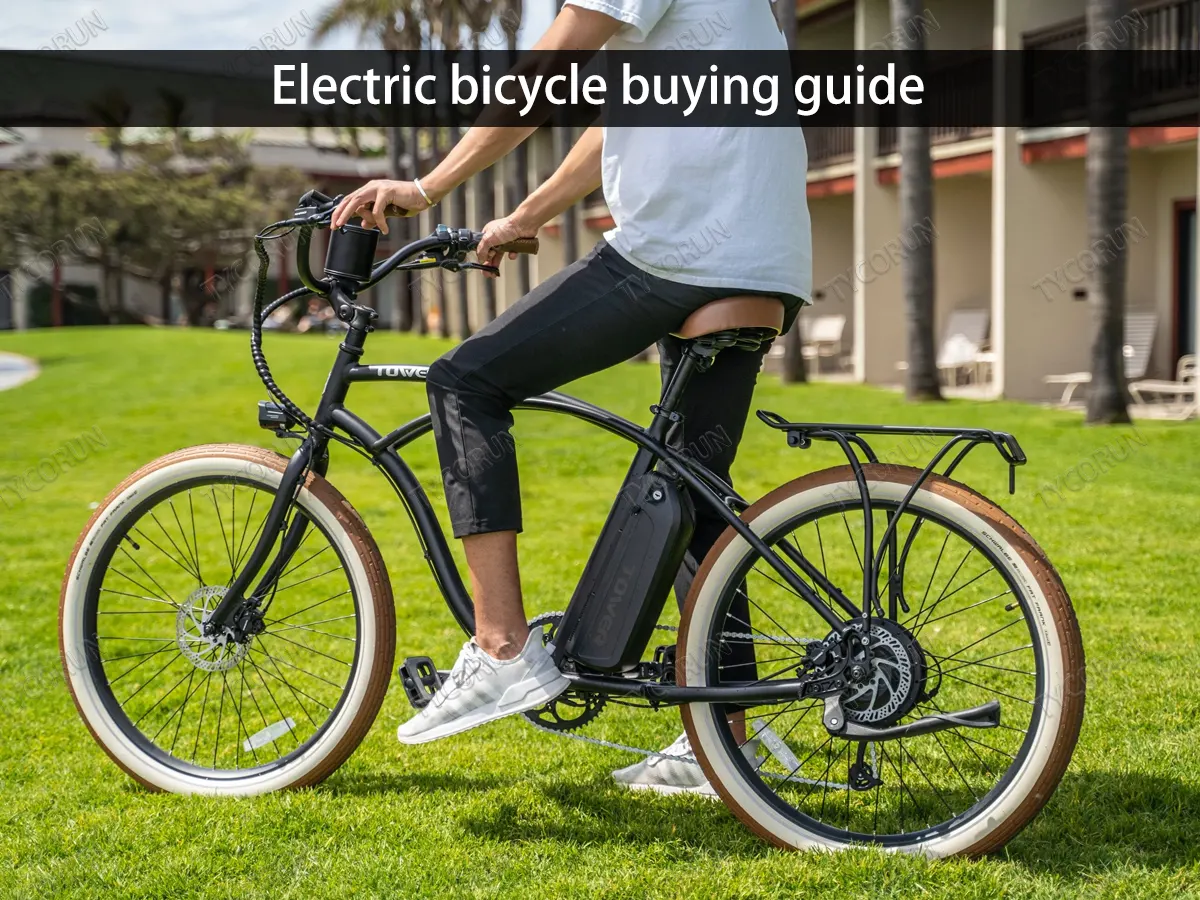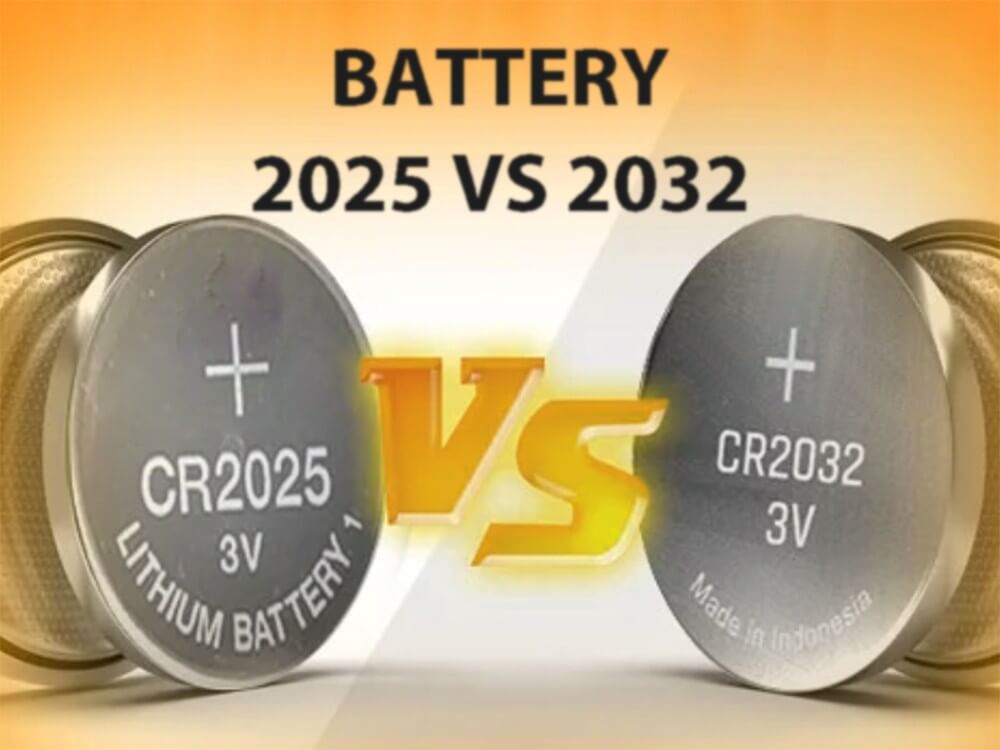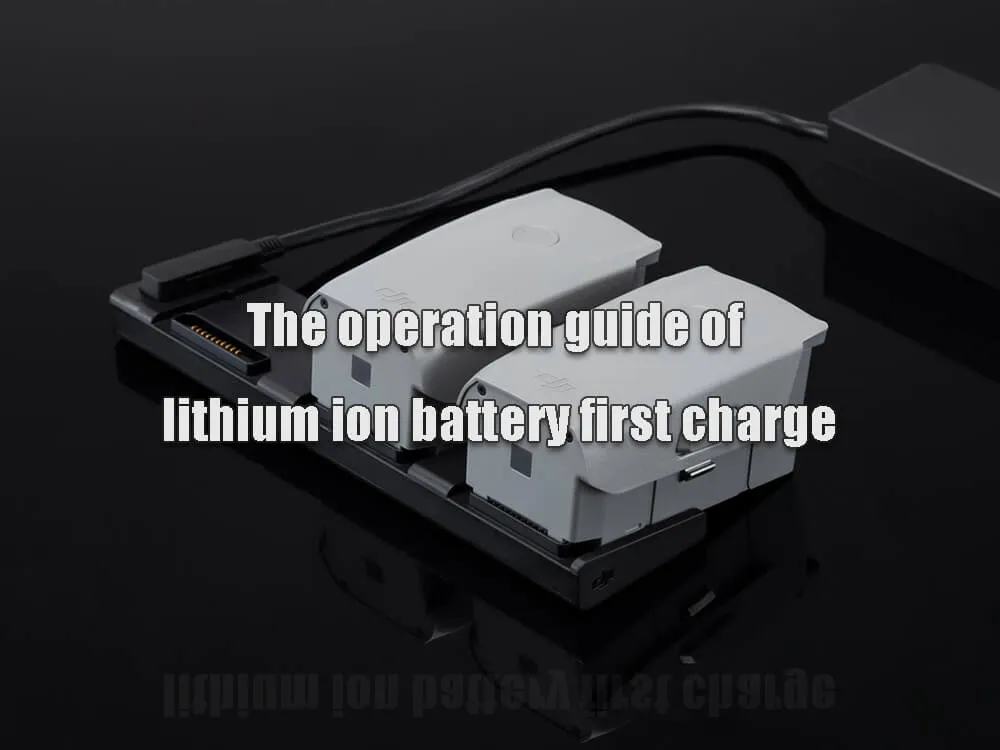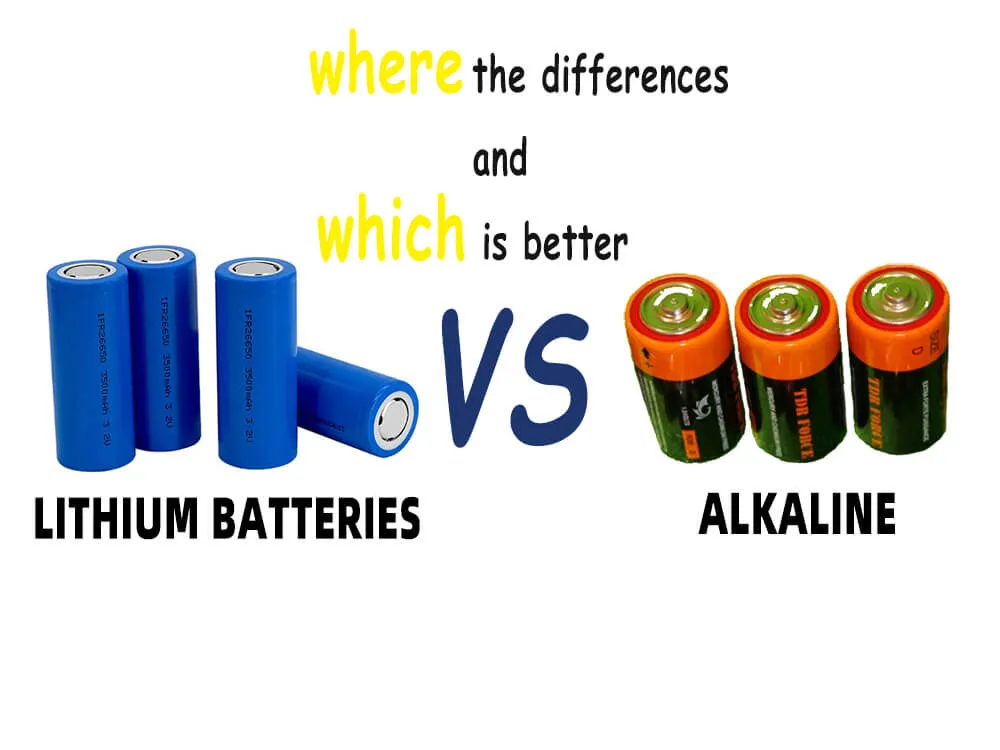Home » lithium ion battery knowledge » GPS battery – what to consider?
GPS battery - What to consider?
GPS devices have become a necessity in this modern age. GPS battery is a power source for a GPS device, ensuring its proper functionality.
There are various types of batteries available, including rechargeable and non-rechargeable options. In this guide, you will learn everything you need to know about GPS battery.
What is a GPS battery?
A GPS battery is a rechargeable power source designed specifically for GPS (Global Positioning System) devices.
It can be either built-in or replaceable, providing the necessary energy for proper device functionality. By relying on this battery, GPS devices can remain operational and track locations even when not connected to an external power source.

The lifespan can vary based on various factors, including the battery type, usage patterns, device settings, battery capacity, and more. It is important to monitor and maintain the battery to ensure optimal functionality and longevity.
How does a GPS battery work?
A GPS battery consists of one or more cells that store electrical energy in the form of chemical energy. This stored energy is converted to electrical energy whenever needed and supplied to the GPS device to power its operations, including the receiver, processor, and display.
The GPS device functions as long as the battery is in good condition and has a charge. As the device is used, the GPS battery’s charge gradually decreases.
When the charge level becomes very low, the battery needs to be connected to a power source for recharging. Incorrect usage can affect GPS battery capacity to hold a charge over time, and eventually, it may need a replacement for the device to function properly.
What are the requirements for GPS battery?
There are some requirements for a GPS battery to make it compatible with the GPS device. Those requirements are as follows:
● Battery Capacity: It should have enough capacity to power the GPS device for the desired duration.
● Voltage: The battery’s voltage should match the device’s power requirements.
● Compatibility: Ensure the battery is compatible with the specific GPS device model.
● Longevity: Choose a battery with a long lifespan to avoid frequent replacements.
● Size and form: The battery should fit perfectly within the designated battery compartment of the GPS device.
● Safety: The battery should comply with safety standards to ensure safe operation and prevent accidents.
What are the types of GPS battery?
Various types of batteries are used in GPS trackers, including rechargeable and non-rechargeable options.
Lifepo4 and nmc batteries are rechargeable and offer high charge density and fast charging, but they are relatively more expensive. Alkaline batteries are non-rechargeable, affordable, but they provide limited energy and often need to be replaced.
If you are still thinking about what battery you should use purchase, then consider your specific needs and requirements. Specific needs include device size, environmental conditions, and energy requirements.
Batteries of various standards differ greatly. For example, there are numerous distinctions between 18650 and 21700 battery that might be investigated.
A list of common GPS battery specifications
GPS battery specifications may vary depending on the manufacturer and model. These specifications are different for different types.
Here are some common specifications listed below:
| Specifications | Rechargeable | Non-Rechargeable |
|---|---|---|
| Capacity | Li-ion: 3000 mAh | Alkaline: 1300 mAh |
| Battery Chemistry | Ternary lithium or lithium iron phosphate | Alkaline |
| Voltage | 3.6V or 3.2V | 1.5V |
| Standby Time | Up to 25 days | Up to 10 days |
| Usage Time | Up to 10 hours of continuous use | Up to 5 hours of continuous use |
| Battery Life Cycle | Approximately 2000-4000 charge cycles | Single-use (cannot be recharged) |
| Self-discharge rate | Around 3.5% per month | Minimal self-discharge |
According to the above data, the various battery performances of lithium batteries are considerably superior. As a result, lithium batteries are becoming increasingly popular. Not only for small batteries such as GPS batteries, but also for trolling motor batteries, users choose lithium batteries.
How long does a GPS battery last?
The lifespan of GPS batteries can vary due to several factors, including battery capacity, model, usage patterns, manufacturers, and tracking intervals. The average lasting time of popular GPS trackers is typically around 10-14 days.
However, it’s important to note that the actual battery life can differ among different models and brands. Some GPS asset trackers can last for 1-2 weeks, while others can have a longer battery life, lasting several months.
For those seeking extended battery life, it is advisable to consult with the lithium battery manufacturers directly, as they can provide specific information based on their product specifications.
To maximize the battery life of a GPS tracker, it is recommended to optimize battery usage by adjusting tracking intervals, ensuring proper charging practices, and reducing unnecessary features.
Additionally, some GPS trackers incorporate motion sensors that can put the tracking system into sleep mode when there is no movement, further preserving battery life.
What factors affect the life of GPS battery?
There are some factors that can affect the battery life of a GPS tracking device. If you know these factors beforehand, you can make an informed decision in purchasing GPS tracking device with a built-in battery or battery for a GPS device.
Some of these factors are listed below:
Quality of the device
The quality of the device matters a lot for the battery life because the device components and features take power from the battery when in use.
Good quality device components are energy-efficient and have built-in power management features. While low-quality devices’ components may not have such features and lead to shorter battery life.
Battery type
Various types of rechargeable and non-rechargeable batteries are used in GPS devices. These types include ternary lithium, lithium iron phosphate and alkaline.
Every type has some advantages and disadvantages. Some have a longer lifespan, and some have shorter ones. Rechargeable lighter in weight, and non-dischargeable are affordable. Due to difference in chemistry, their specification is also different.
Device type
There are two types of GPS tracking systems; hardware-based and software-based. Software-based systems, like those integrated into smartphones, do not require a separate power source.
On the other hand, hardware-based GPS systems have their power source and are designed specifically for tracking purposes, which can result in longer battery life.
Frequency of use
The frequency of using the GPS device directly impacts its battery life. Frequency of use and data transmission both use more battery energy. Even in the case of frequent use, it is necessary to ensure the correct charging and discharging of the battery.
Environmental factors
Temperature and humidity have a huge impact on the battery life. Extreme temperatures either hot or cold, can damage batteries and make them to lose their capacity to hold a charge. While humidity affects the electronic components of the battery.
Determine the appropriate battery type according to the actual GPS usage environment. For example, in a relatively hot environment, it is better to choose a lithium iron phosphate GPS battery than a ternary lithium battery.
How to extend GPS battery life?
To extend GPS battery life, adopt efficient power management practices by following these important tips:
● Reduce screen brightness: If your GPS device has a built-in display, lower the screen brightness to save power consumption. Energy is less used when the screen light is dim. Some GPS devices have built-in auto-brightness adjusting features. These features efficiently manage battery life by sensing the use and surrounding light levels.
● Shut down unnecessary features: Some modern GPS devices often have some additional features like Bluetooth, Wi-Fi, and more. These features consume energy to run. By turning off these unimportant and unnecessary features, you can save battery power.
● Reduce tracking frequency: GPS devices use energy to update location which means both the energy and location update are directly proportional. By adjusting the tracking frequency right according to the needs you can save energy. For instance, the device starts tracking only when it moves or after some intervals.
● Keep optimal environmental conditions: Extreme temperatures and high humidity can affect battery life. Keep your devices within optimal environmental conditions to preserve battery capacity and prolong lifespan.
● Use long-lasting batteries: Choosing lithium batteries is a good idea since they have a longer lifespan compared to other types of batteries. This means that you can use them for a longer period of time without having to replace them.
Conclusion
There are various types of GPS batteries, each with specific requirements. By understanding these types and their requirements, users can make informed decisions to enhance their GPS device’s performance and battery life. Implementing power management practices can also extend the GPS battery life.
FAQs
You will get a notification of a low battery when your tracker’s battery is low. Or you can check it from the battery icon indicating the battery level on your device.
Yes, you can use your GPS while it is charging. Many GPS devices are designed to allow simultaneous charging and usage.
You should avoid throwing old or damaged batteries in your household waste. To dispose of it, take it to the designated recycling center or follow regulations for battery disposal in your area.

